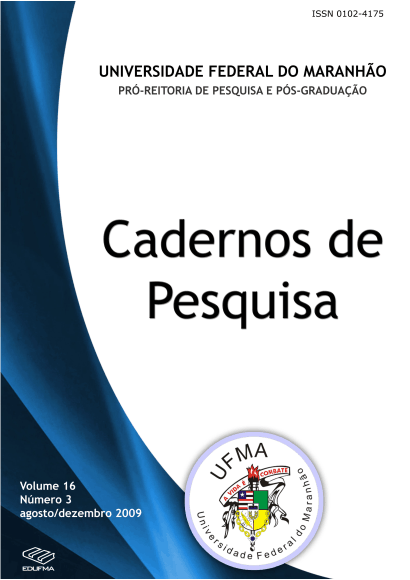ESTRATÉGIAS DE CONTROLE PARA USINA DE PELOTIZAÇÃO DA VALE
Resumen
Este trabalho destina-se a apresentar estratégias de controle para melhorias no desempenho do sistema de controle da usina de pelotização da Vale em São Luís do Maranhão, Brasil. A usina já detém um sistema de controle convencional, Proporcional Integral Derivativo (PID). No intuito de melhorar o desempenho faz-se uso da estratégia Feedback-Error-Learning (FEL), assim como da estratégia Multi-Network-Feedback-Error-Learning (MNFEL). No intuito de comparar estratégias não convencionais faz-se uso também de um controlador PI-Fuzzy. Estas estratégias são comparadass e seus resultados discutidos.Palavras-chave: Controle adaptativo. Redes neurais. Lógica Fuzzy.
Abstract
This work is intended to provide control strategies for improvements in the control system of the Vale pellet plant in São Luis, Maranhão, Brazil. The current installed plant control is a conventional Proportional Integral Derivative (PID) well suitable for regular day-by-day operations, but featuring bad performance for occasional plant re-start. In order to improve the control performance, we are proposing the use of Feedback-Error-Learning (FEL) and Multi-Network-Feedback-Error-Learning (MNFEL) strategies, since both can coupled together current PID control. In order to provide a wide comparison, other unconventional strategies, as PI-Fuzzy controller, also are included in the experiments and discussion of this work.
Keywords: Adaptive control. Neural networks. Fuzzy logic.
Descargas
Los datos de descargas todavía no están disponibles.
Publicado
2010-07-28
Cómo citar
RIBEIRO, Paulo Rogério de Almeida; COSTA, Tarcísio Souza; BARROS, Victor Hugo; ALMEIDA NETO, Areolino de; OLIVEIRA, Alexandre César Muniz de.
ESTRATÉGIAS DE CONTROLE PARA USINA DE PELOTIZAÇÃO DA VALE
. Cadernos de Pesquisa, v. 16, n. 3, 28 jul. 2010 Disponível em: https://periodicoseletronicos.ufma.br/index.php/cadernosdepesquisa/article/view/115. Acesso em: 19 feb. 2026.Número
Sección
Artigos
Licencia
A Cadernos de Pesquisa está licenciada com a Licença Creative Commons Atribuição 4.0 Internacional.




















